One of the single most important challenges facing Bristol and cities like it as they grow their economies is how to do development without doing gentrification. I set out from the start that I believe gentrification to be a social ill. This is not because I want communities to remain stagnant. Rather it’s because gentrification more often is driven by and is an expression of the relative powerless of some in the face of the power of others, the further exclusion of the economically marginalised from economic opportunity, and underpins growing racial and class segregation.
Bristol boasts one of the strongest economic regions outside London. It is among the top five growth centres, gives birth to 10 times as many businesses per head as the rest of the UK and is the only major city in England outside the South East to make a positive contribution to the UK economy.
Its economic success is dressed up in its presentation as politically progressive place that does things differently – the city of street art, the Shaun the Sheep tour, festivals, balloons, bridges, Brunel, the hipster and the Tesco riot. Many people say it has a ‘vibe’ and it gets affirmation from its role as European Green Capital 2015 and through repeated inclusion at the top of lists of the best cities in which to live.
Sadly, with one in four children in poverty and upwards of 30% unemployment in some our most deprived wards, it’s not the story most Bristolians are sharing in. It’s a story that dominates the city’s presentation merely because those who do live it have great amounts of social capital including great access to the traditional and digital tools of pubic communication, political organization and connectivity.
Their domination has two major areas of consequence. First it it crowds out the voices of those who are not sharing their story. Seconds it ignores and compounds the physical crowding out of the economically un-included, a process we might otherwise know as gentrification.
‘Traditional communities have steadily been chased into pockets
of affordability by those with the financial means to able to surf the wave’
The impact of voicelessness is exacerbated by the focus on a high tech economy in which the highly educated are uniquely placed to exploit the opportunities and rising property prices and rents so that historically poor areas become increasingly unaffordable to their long established lower income traditional communities and their children. All this in a national context in which social mobility is as low today as it was in the 1970s.
It’s a good story if you have the means to exploit it and for many it is good. But if you don’t have the means, it bowls over you. The gentrification that has resulted has moved around Bristol like a creeping tidal wave covering historically working class areas areas like St Pauls, Easton and Southville. Traditional communities have steadily been chased into pockets of affordability by those with the financial means to able to surf the wave.
Let me just say, Its not uniquely a Bristol problem, nor is it a new problem. In the middle of his tirade against social injustices, the Old Testament prophet Isaiah warns the nation’s elites:
‘Woe to you who add house to house and join field to field till no space is left and you live alone in the land.’ (Isaiah 5:8)
It’s a passage that often comes to mind when I see the newest tranche of luxury flats in development.
The problem is that creating ‘opportunity’ is not enough. When opportunity is created without any measures taken to qualify it, it’s the most advantaged who are best placed to exploit it. The result? One African American author explained that putting the weak and the strong on a level playing field is not fairness, it is to feed the weak to the strong.
And this is what is happening in Bristol. We have great city numbers to describe our economy to the outside world, and we have a great line in presentation. But it is a city in which the middle and middle class progressives, attracted by the opportunity to live in the Bristol vibe as hipsters and lifestyle activists are positioned to consume the city, physically and culturally.
Bristol has to be intentional about doing things differently. I would suggest five ways forward:
- Work with our universities and groups such as the New Economics Foundation, Neon, Core Cities and the Centre for Cities to develop a framework to assess whether any economic plan will likely increase or decrease economic exclusion and gentrification.
- Ensure all contracts awarded for the delivery of large Bristol projects are awarded to companies able to evidence to the contribution they will make to economic and social inclusion
- Build social housing for rent that protects a stock of homes from the market, keeps communities mixed while simultaneously running a social marketing campaign to reduce the the stigma around non-home ownership.
- Work with financial institutions to create investment opportunities for non-home owners so that they make up on the financial opportunities that are lost by no being a home owners benefiting from house price increases.
- Ensure there are three year run-in times to ensure the city workforce have the opportunity to build the skills needed for the future needs of any major development.











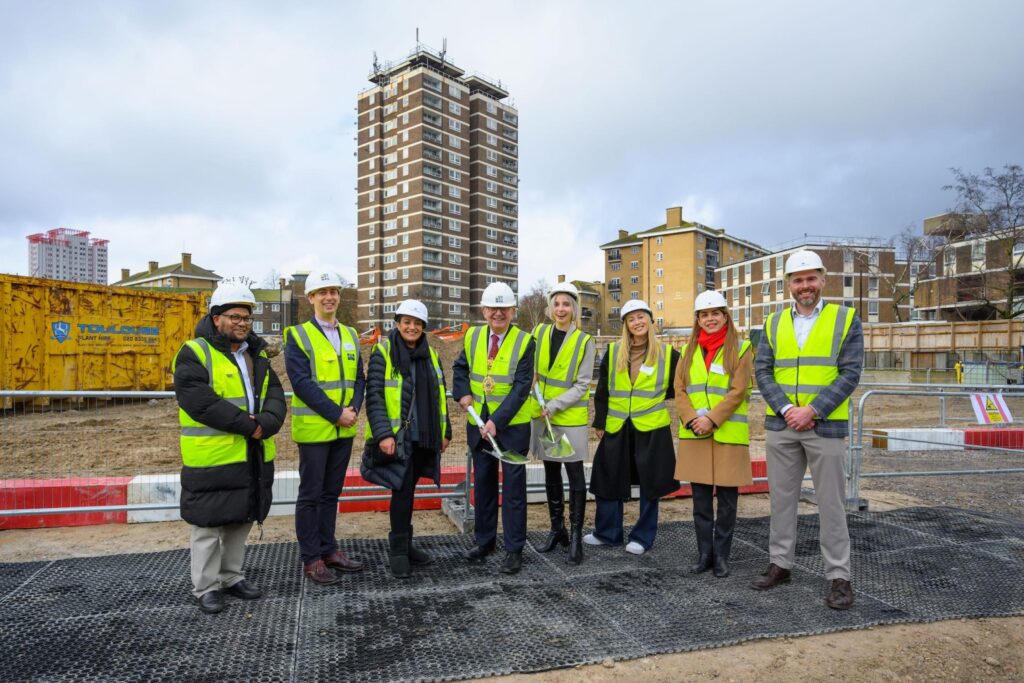
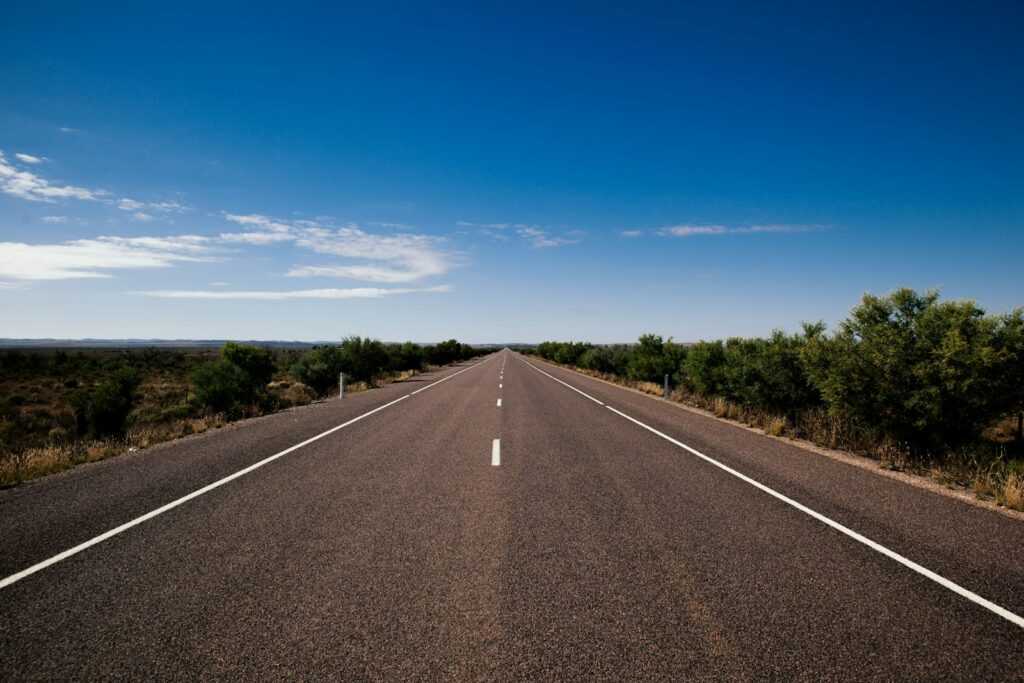
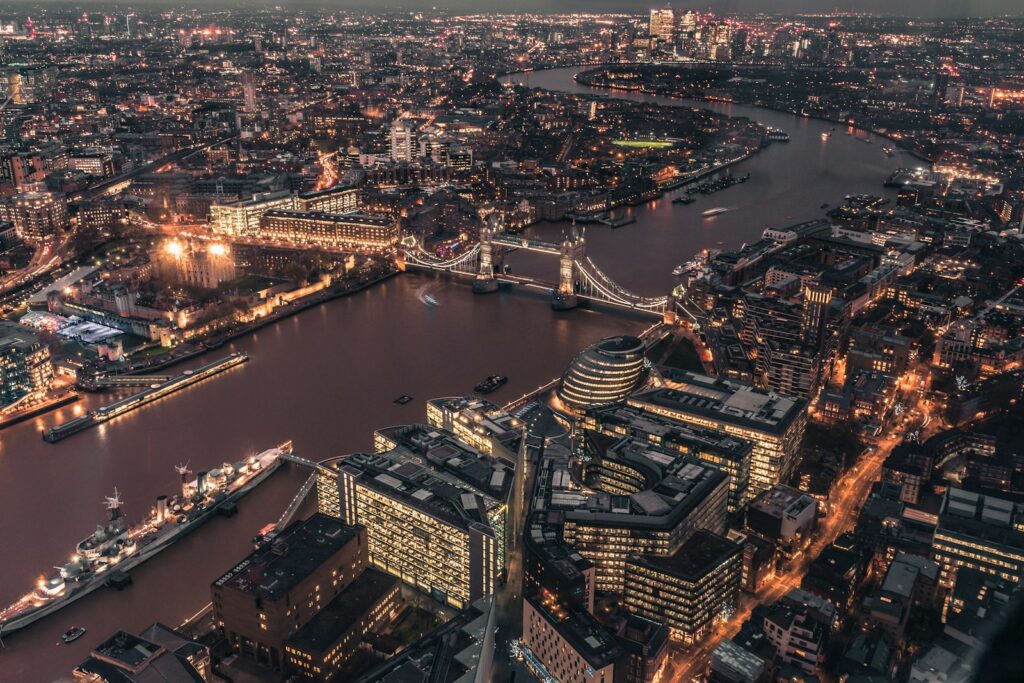
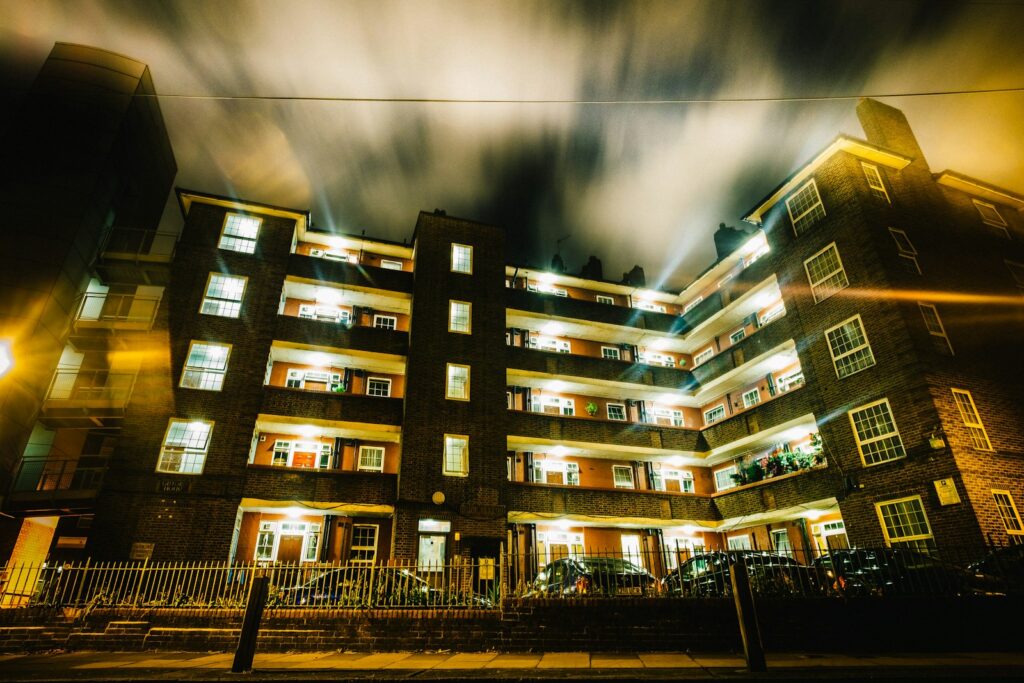
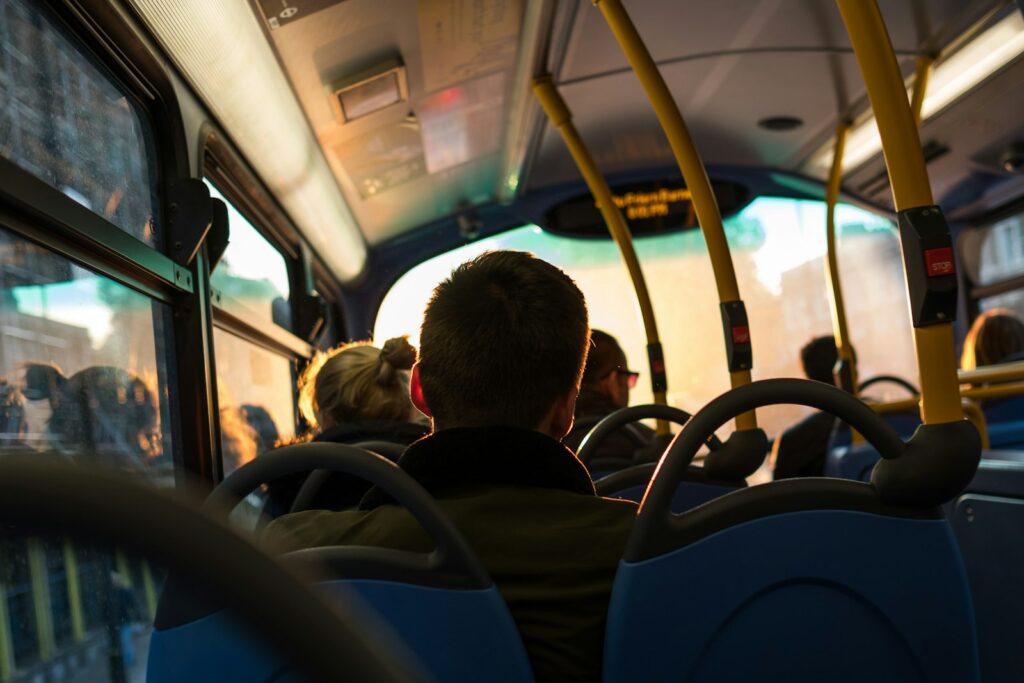
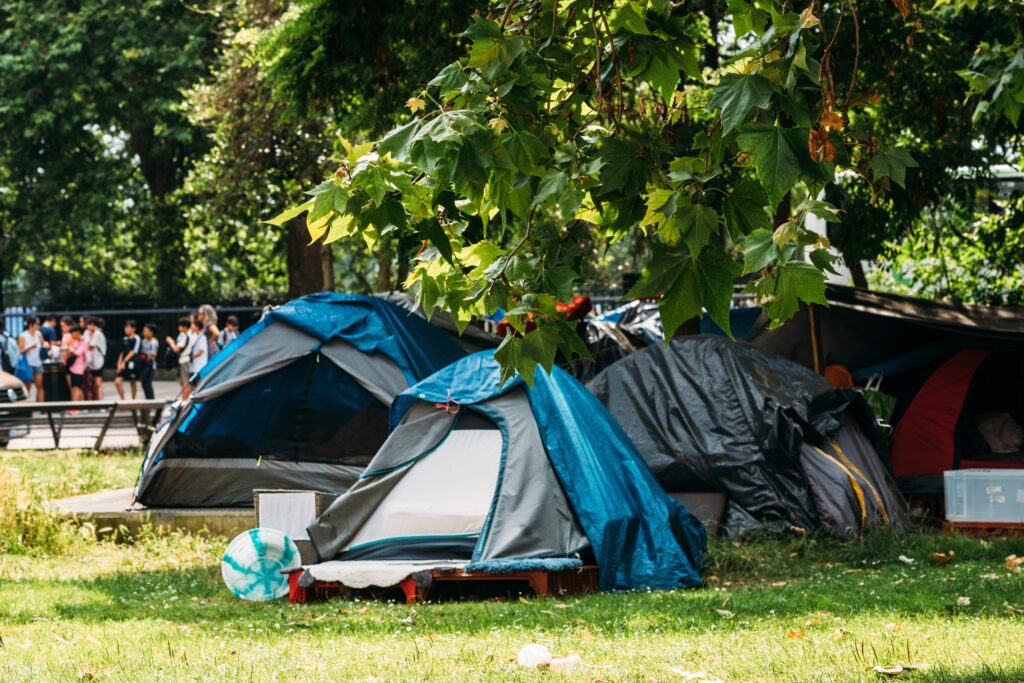
Leave a Reply